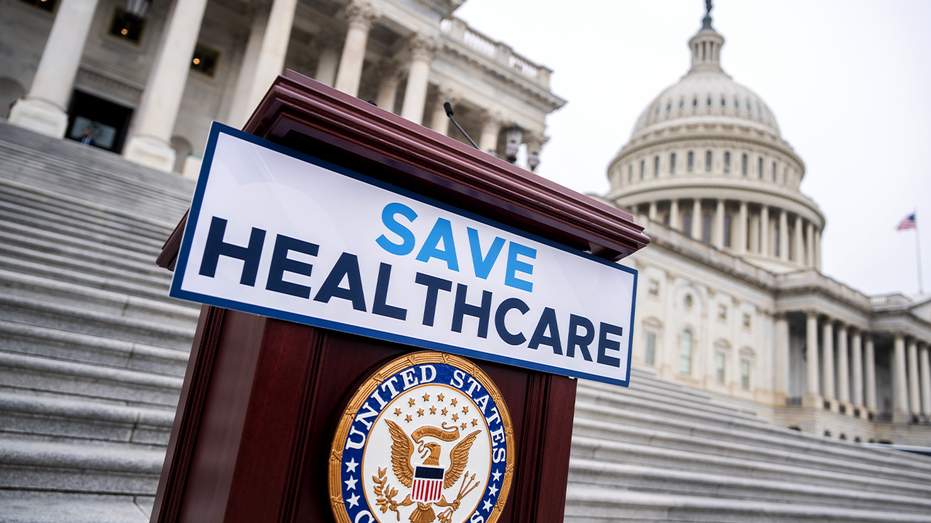The air in Westminster crackles with anticipation. Tomorrow, the Chancellor will deliver a Budget poised to reshape the financial landscape for millions, a moment meticulously prepared for in the heart of Downing Street.
This isn't simply a collection of numbers and forecasts; it’s a direct reflection of the government’s priorities, a roadmap for the nation’s economic future. The stakes are incredibly high, particularly as it precedes the Shadow Chancellor’s own financial statement, setting the stage for a crucial political showdown.
Behind the polished statements and carefully crafted rhetoric, a complex web of negotiations and compromises has unfolded. Weeks of intense debate have taken place within the Houses of Parliament, shaping the proposals that will soon be unveiled.

The central question on everyone’s mind is simple: how will this Budget impact your everyday life? Will it ease the burden of rising costs, or will it introduce new challenges for families and businesses already navigating uncertain times?
The details matter. Subtle shifts in taxation, adjustments to public spending, and changes to key economic indicators can have far-reaching consequences. Understanding these nuances is crucial to grasping the true implications of what’s to come.
The coming days will be filled with analysis and debate, as experts and commentators dissect every line of the Budget. But the real test will be how these policies translate into tangible outcomes for people across the country.






